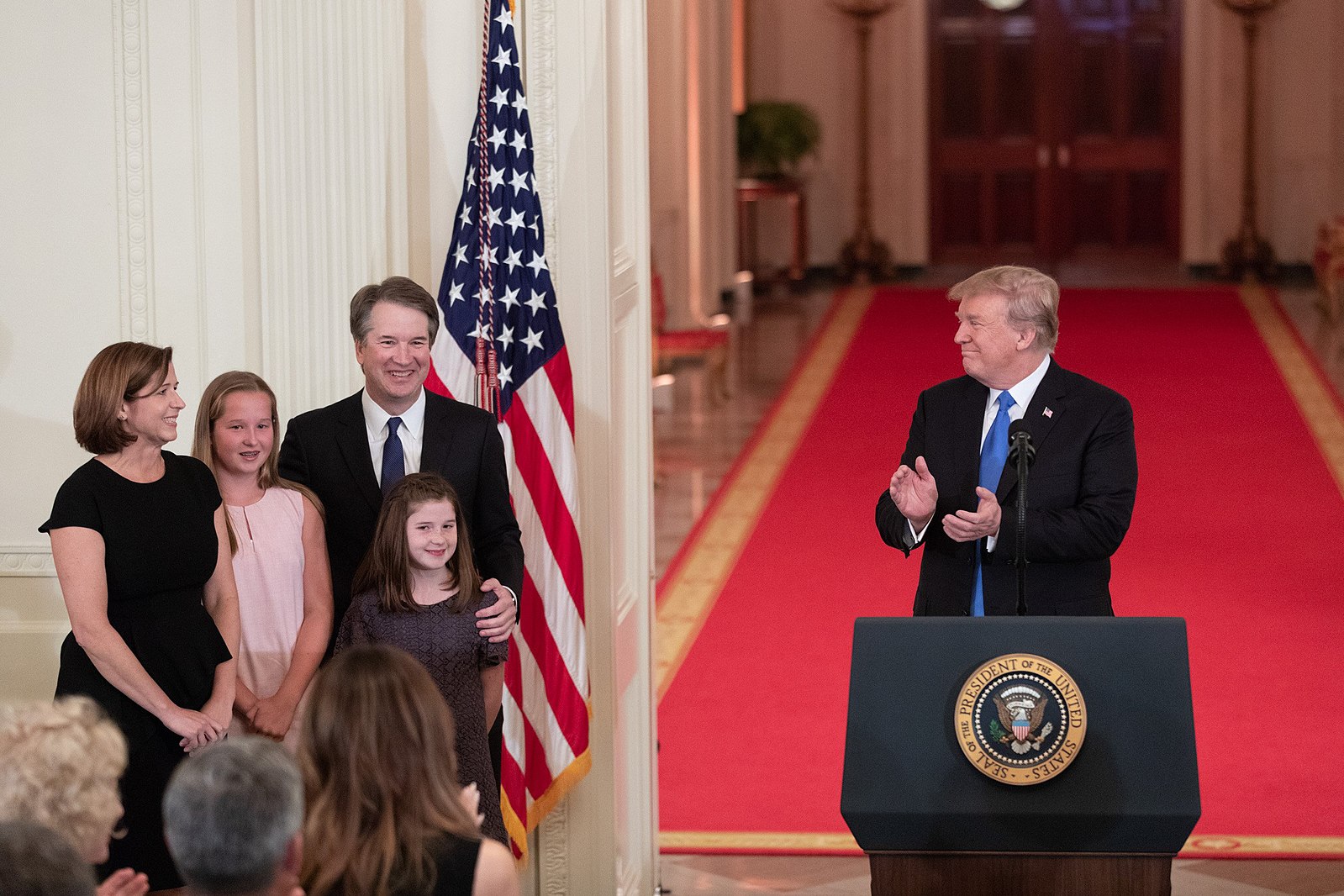Brief #36—Environment
Summary
On June 27th Justice Anthony Kennedy of the United States Supreme Court announced his retirement, and on July 9th President Donald Trump announced his candidate for replacement. Trump’s pick, former Judge on the United States Court of Appeals for the District of Columbia Circuit, Brett Kavanaugh, has an unkind track record towards environmental regulations. While serving as a Judge on the United States Court of Appeals, Kavanaugh notoriously promoted industry over the environment, particularly with regard to greenhouse gas emissions. Judge Kavanaugh frequently heard cases regarding the Environmental Protection Agency, and he, was rarely an advocate of the organization, often debating that Congress’s authority should supersede that of the Agency’s. This also summarizes Kavanaugh’s general political philosophy—that Congress should wield more power than that of an agency–but Congress has not contributed to the passage of a major environmental law since the Clean Air Act of 1990. More still, Kavanaugh has dissented multiple times on matters relating to The Clean Air Act, favoring industry regulation over the EPA’s.
Analysis
Kavanaugh’s proposed appointment comes at a time when matters of the environment have become more visible to communities around the country, as there have never been so many Americans who believe that climate change exists and is caused by human activity. In Indiana, Kentucky and Illinois, the gas station empire belonging to Vice President Pence’s family has cost taxpayers millions of dollars in oil spill cleanups across the three states. And after 4 years, the town of Flint, Michigan still does not have clean water. And in Pennsylvania, 2 protesters with the group “Mama Bear Brigade” were arrested for demonstrating the construction of a pipeline project that would close a local elementary school. Each of these incidents lay the groundwork for cases that may one day appear before the Supreme Court, one in which Kavanaugh might one day serve.
Should an anti-environment court be in the works, states and local governments will need to do more to prevent judicial oversight. So perhaps a pinch of optimism can be sprinkled over the decision of the hyper-industrial city of Pueblo, Colorado to become more green, and for the fact that California met its 2020 emissions goal 2 years ahead of schedule. In the meantime, let’s keep our eyes on the outcome of the lawsuit filed by former-allies of David Schnare, who had sued climate scientists over their work. And hope Kavanaugh reads The Onion if he takes the bench.
Engagement Resources:
- Friends of the Earth – A non-profit activist group that organizes activists to fight against environmental injustices. Their petitions and campaigns have had large impacts on corporate responsibility and legal outcomes.
- Judging the Environment – a non-profit watchgroup which tracks federal judicial nominations of supreme courts.
This brief was compiled by Zoe Stricker. If you have comments or want to add the name of your organization to this brief, please contact zoe@USResistnews.org.

